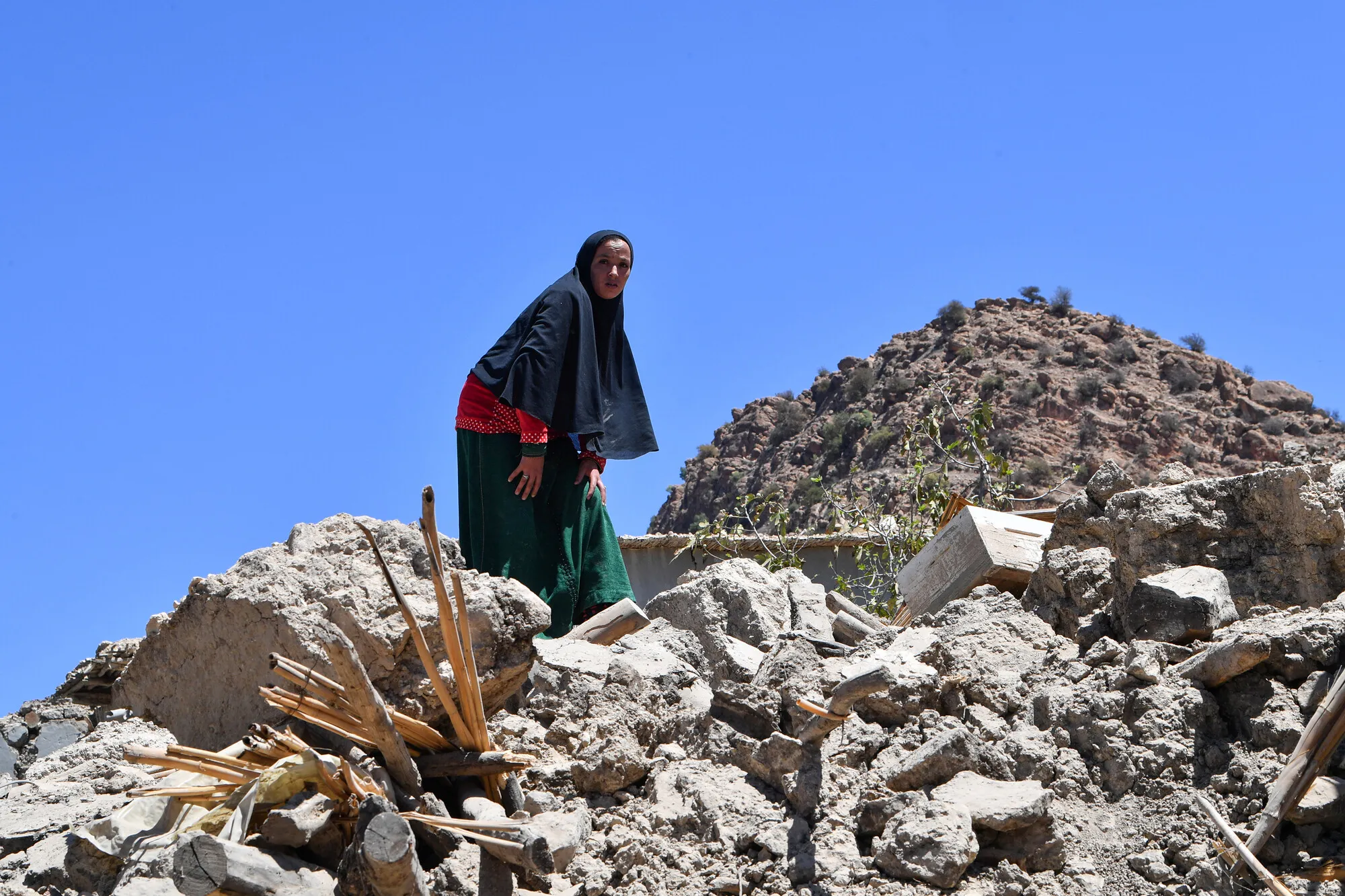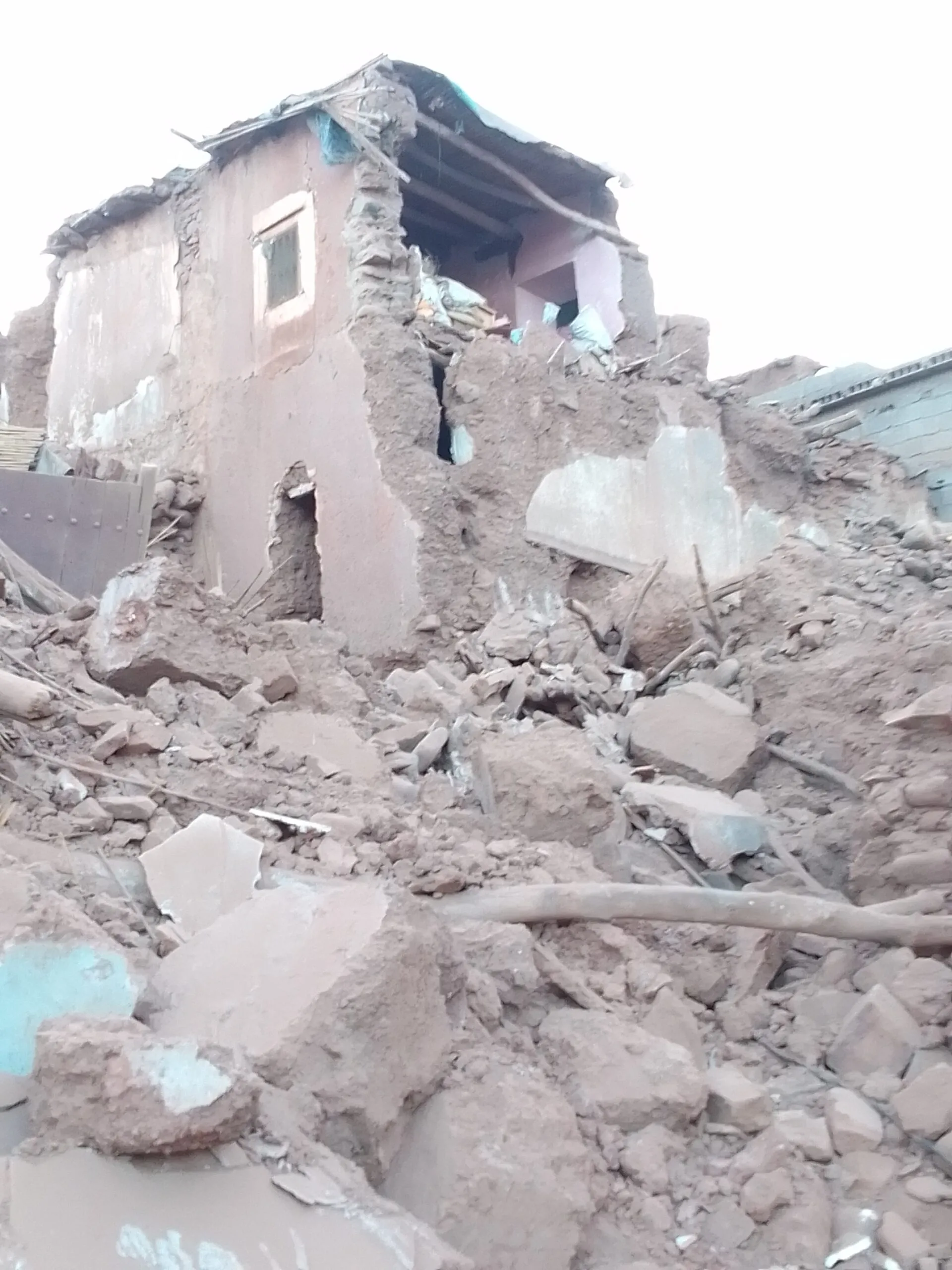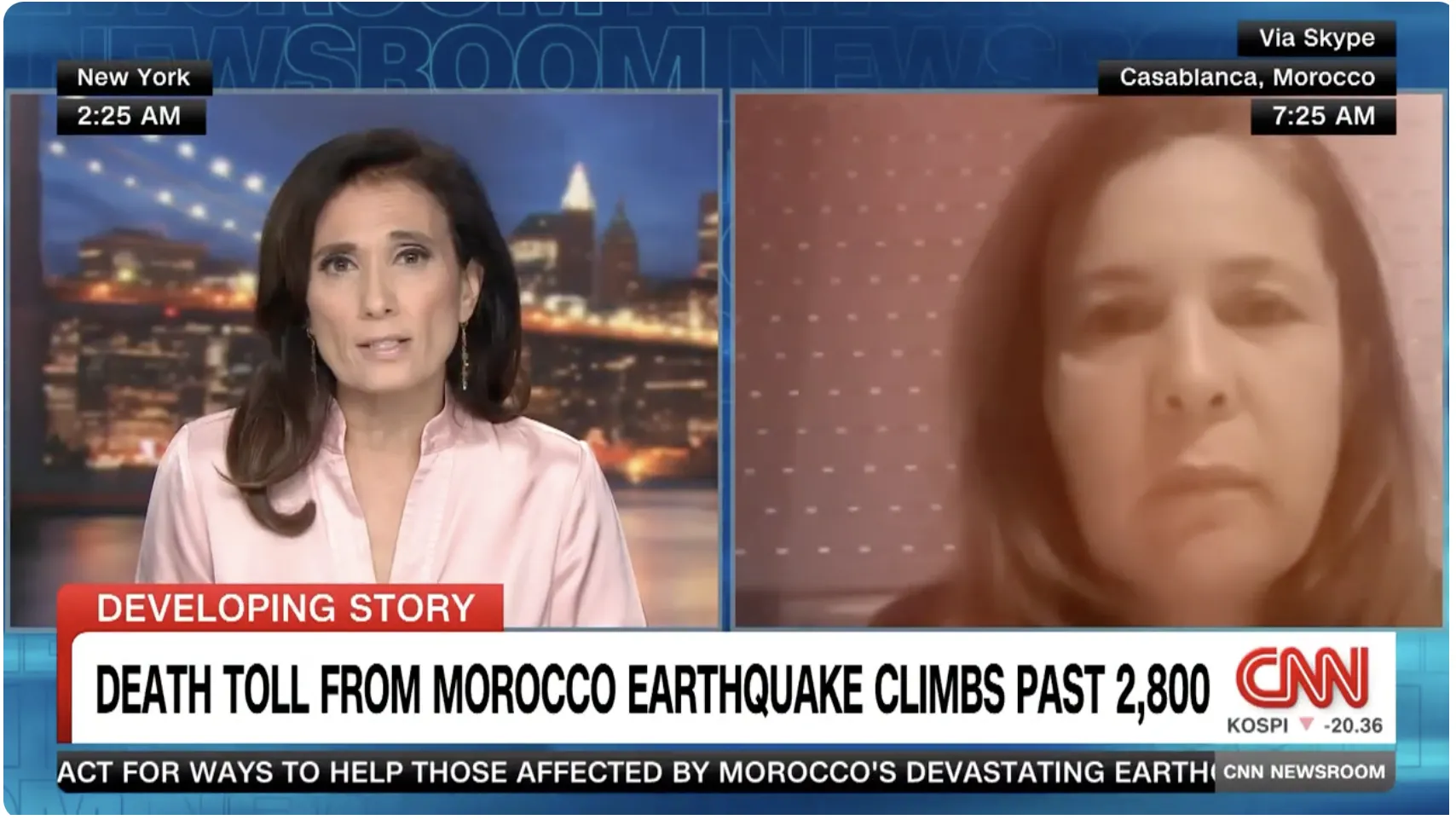It was the strongest recorded quake in Morocco’s history, and its epicenter was in the High Atlas Mountains, about five hours away from Imoulass by car, but the effect from the collision of tectonic plates was devastating for the village in the Taroudant province.
Au #Maroc, la province de #Taroudant est ravagée par le #séisme. Dans les ruines, la course contre la montre pour retrouver les #survivants a commencé. #JT20H@AgnesVahramian @SoufianeYassine @infofrance2 pic.twitter.com/5LE1TSjIx0
— France TV Moyen-Orient (@FTVMoyen_Orient) September 9, 2023
Now, relief workers estimate at least five hundred families in the tiny Al Boukh community have had their houses either destroyed, or damaged to the point of becoming unsafe.






